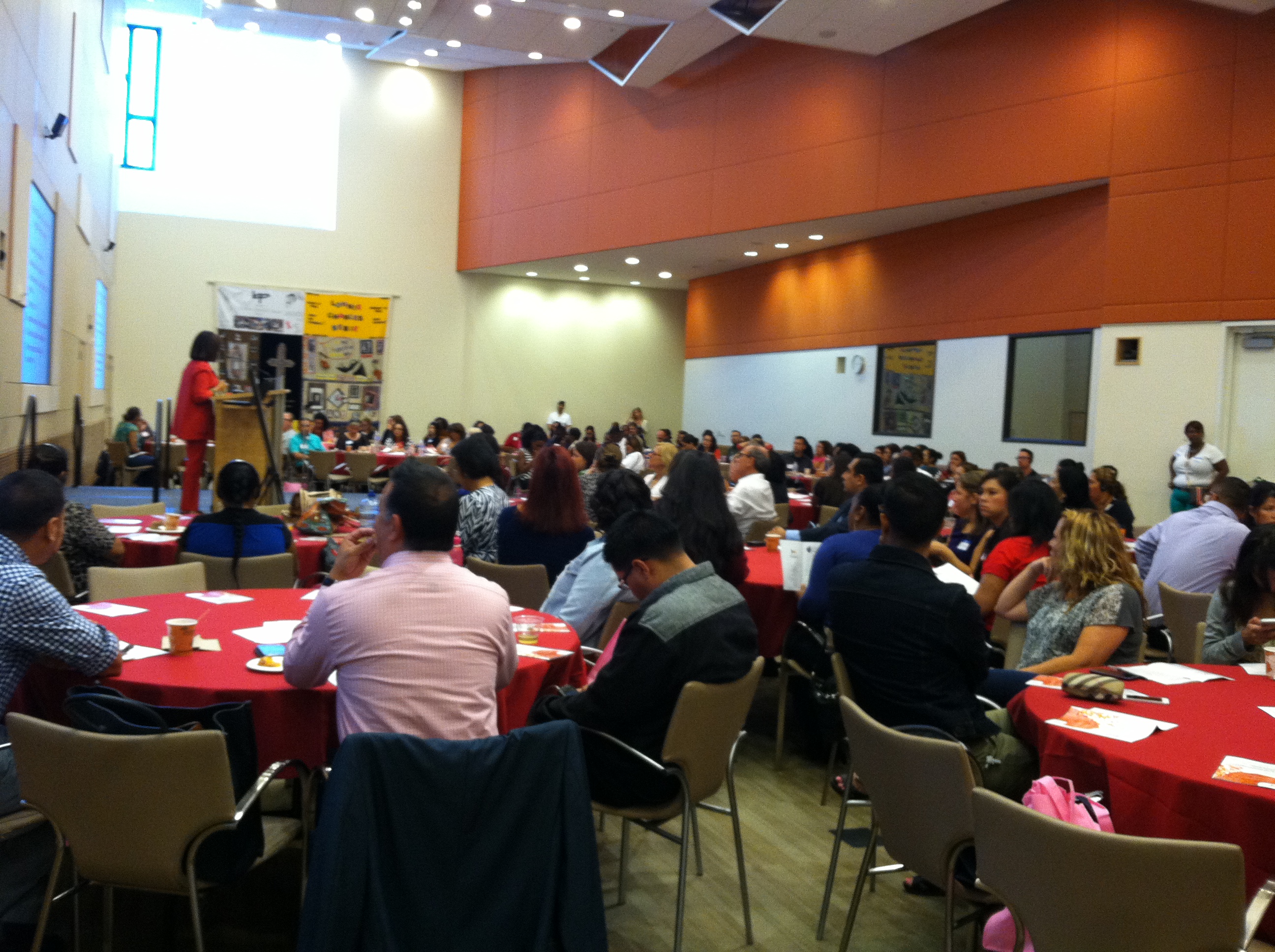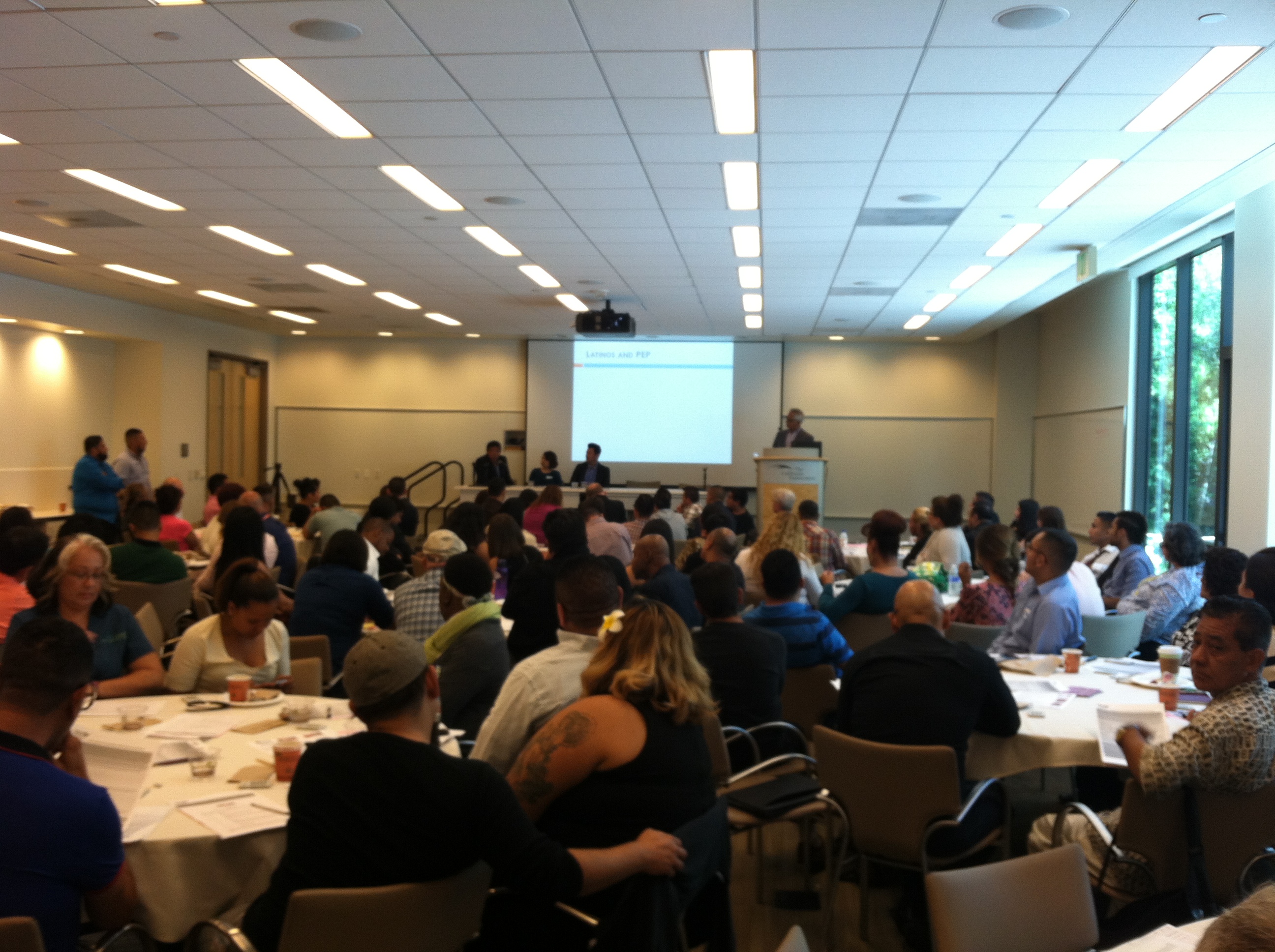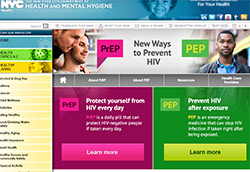CHIPTS Methods Seminar – UCLA-Semel Institute Center for Community Health
Analyzing Sexual Behavior from the Healthy Living Project
Robert Weiss, Ph.D.
Professor
Department of Biostatistics
UCLA Fielding School of Public Health
Abstract:
Longitudinal behavioral intervention trials to reduce HIV transmission risk collect complex multilevel and multivariate data longitudinally for each subject with important correlation structures across time, level, and variables. Accurately assessing the effects of these trials are critical for determining which interventions are effective. Both numbers of partners and numbers of sex acts with each partner are reported at each time point. Sex acts with each partner are further differentiated into protected and unprotected acts with correspondingly differing risks of HIV/STD transmission. These trials generally also have eligibility criteria limiting enrollment to participants with some minimal level of risky sexual behavior tied directly to the outcome of interest. The combination of these factors makes it difficult to quantify sexual behaviors and the effects of intervention. We propose a multivariate multilevel count model that simultaneously models the number of partners, acts within partners, and accounts for recruitment eligibility. Our methods are useful in the evaluation of intervention trials and provide a more accurate and complete model for sexual behavior. This is joint work with Yuda Zhu.
Robert Weiss is professor in the department of Biostatistics in the UCLA Fielding School of Public Health and a member of the CHIPTS methods core. He is expert in analysis of longitudinal data. He develops statistical methodology for longitudinally collected univariate and multivariate psychometric data, and human behavior generally such as retention in care, self-reported substance use and sexual behaviors. He is author of the advanced introductory textbook Modeling Longitudinal Data (Springer, 2005).






